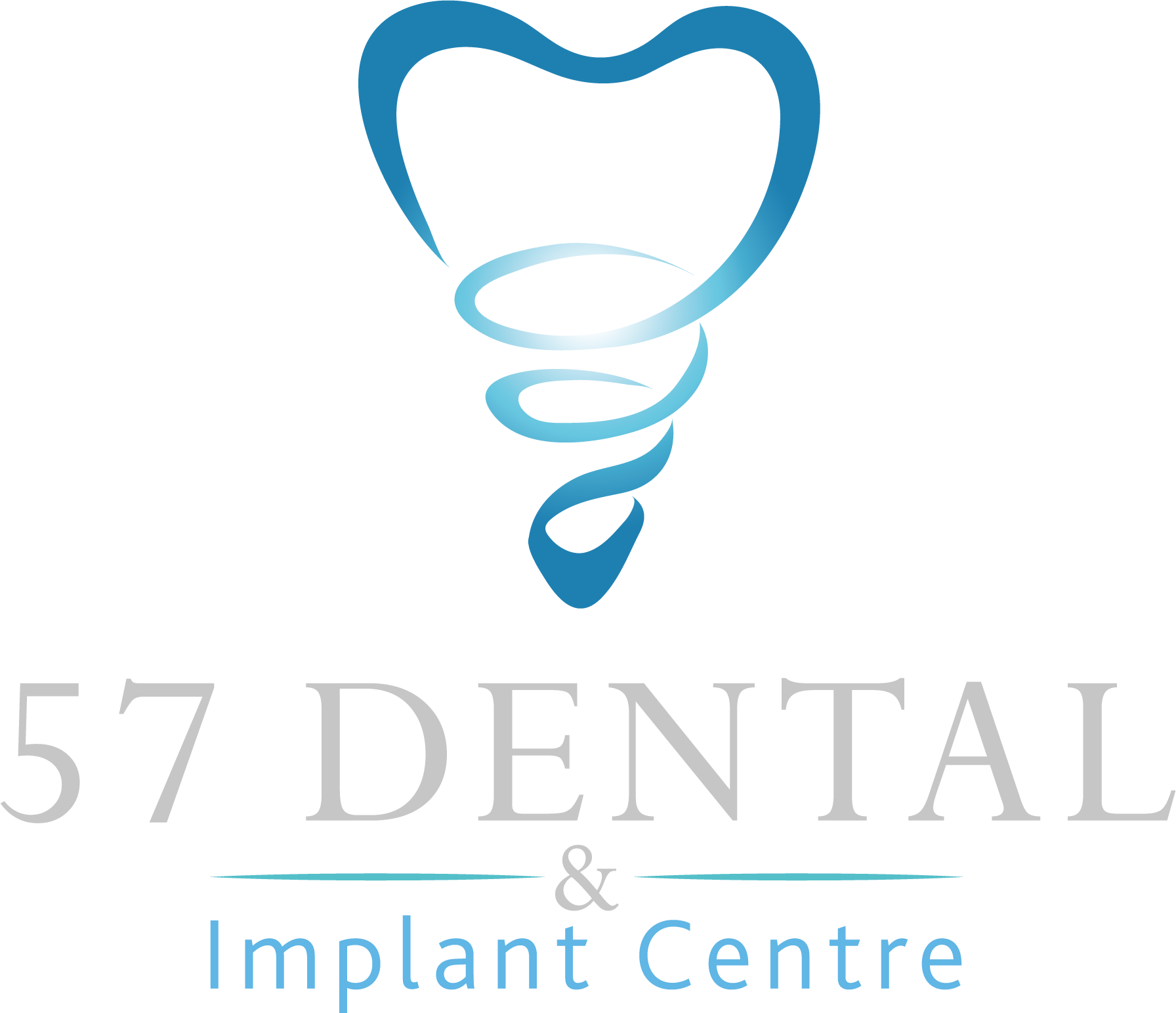If you are considering getting teeth implants in Leeds, it is essential to do your research and understand the factors involved. Teeth implants are a popular dental treatment that can provide a permanent solution for missing teeth. However, there are certain factors to consider before getting teeth implants. Here are ten factors to consider when considering teeth implants in Leeds.
Overall Health
Before getting teeth implants, it is essential to consider your overall health. Certain medical conditions, such as diabetes or heart disease, can impact the success of teeth implants. Discuss your medical history with your dentist to ensure you are a good candidate for teeth implants.
Bone Density
Teeth implants require a strong foundation in the jawbone. If you have low bone density or have been missing teeth for a long time, you may need a bone graft before getting teeth implants. Your dentist can evaluate your bone density and determine if a bone graft is necessary.
Cost
Teeth implants can be a significant investment, so it is essential to consider the cost before getting them. The cost of teeth implants can vary depending on the number of teeth being replaced, the type of implant used, and other factors. Discuss the cost and financing options with your dentist before getting teeth implants.
Timeframe
Getting teeth implants is a multi-step process that can take several months. The process typically involves tooth extraction (if necessary), implant placement, osseointegration (the operation of the implant fusing to the jawbone), and placement of the dental crown. Make sure to discuss the timeframe with your dentist and plan accordingly.
Oral Hygiene
Good oral hygiene is essential for the success of teeth implants. It is vital to commit to a daily routine of brushing, flossing, and rinsing with an antibacterial mouthwash to ensure the longevity of your teeth implants.
Lifestyle Changes
After getting teeth implants, you may need to make some lifestyle changes to ensure their success. For example, you may need to avoid hard or sticky foods for a certain period, quit smoking, or avoid certain activities that could damage the implants.
Type of Implant
Several types of teeth implants are available, including traditional, mini, and implant-supported dentures. Each type of implant has advantages and disadvantages, so discussing the options with your dentist to determine which type is best for you is essential.
Success Rate
Teeth implants have a high success rate, but there is always a risk of complications, such as implant failure or infection. It is essential to discuss the success rate and potential risks with your dentist before getting teeth implants.
Follow-Up Care
After getting teeth implants, you must schedule regular follow-up appointments with your dentist to ensure their success. Your dentist can monitor the health of your implants and address any issues that arise.
Experience of the Dentist
Finally, choosing a dentist with experience with teeth implants is essential. Look for a dental clinic in Leeds with a proven track record of success with teeth implants and a team of experienced dentists who can provide high-quality care.
FAQs
What are teeth implants?
Teeth implants are a dental treatment that replaces missing teeth with an artificial tooth root (implant) and a dental crown. The implant is placed in the jawbone and fuses with the bone over time, providing a permanent solution for missing teeth.
Are teeth implants painful?
Getting teeth implants typically involves local anaesthesia, so you should not feel any pain during the procedure. However, you may experience some discomfort and swelling after the procedure. Your dentist can provide pain relief medication to help manage any discomfort.
How long do teeth implants last?
Teeth implants are designed to be a permanent solution for missing teeth and can last many years with proper care. The lifespan of teeth implants can vary depending on factors such as oral hygiene, lifestyle habits, and the type of implant used.
How do I care for my teeth implants?
Good oral hygiene is essential for the success of teeth implants. This includes brushing twice daily, flossing daily, and rinsing with an antibacterial mouthwash. You should also schedule regular check-ups and cleanings with your dentist to monitor the health of your implants.
What are the risks associated with teeth implants?
While teeth implants have a high success rate, there is always a risk of complications, such as implant failure, infection, or nerve damage. Discussing the potential risks with your dentist before getting teeth implants is essential.
Conclusion
Getting teeth implants in Leeds can be a life-changing decision that can improve your oral health and quality of life. However, it is essential to consider the factors involved and choose a dentist who can provide the best possible care. By viewing the factors listed above, you can make an informed decision about getting teeth implants and ensure their success for years.
